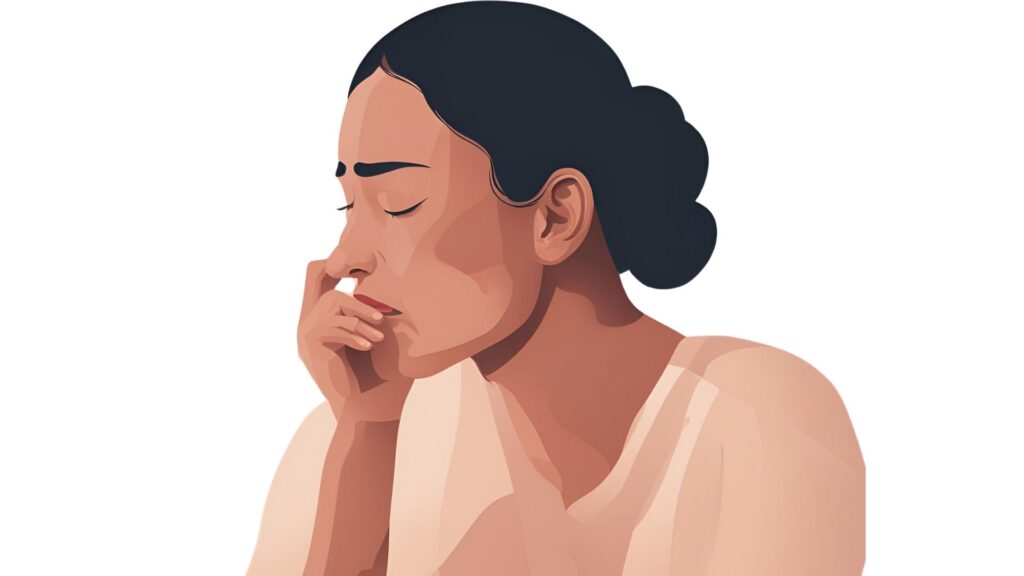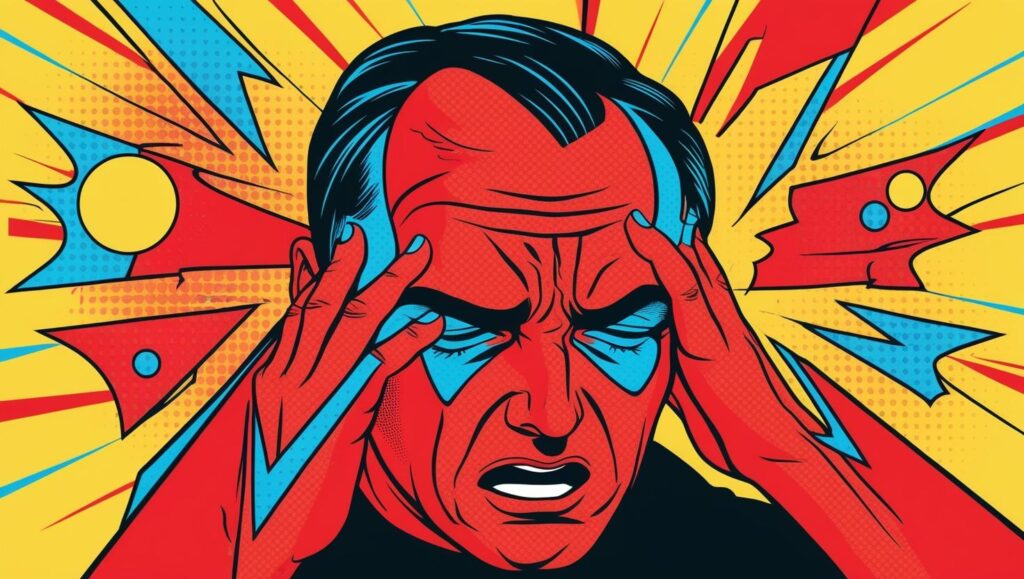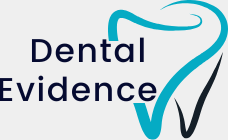TMJ Disorders
Temporomandibular Joint Disorder (TMJ Disorder) refers to a group of conditions that affect the temporomandibular joint (TMJ), which connects the jawbone to the skull. This joint allows for the movement necessary for chewing, speaking, and swallowing. TMD can cause pain, discomfort, and dysfunction in the jaw joint and muscles controlling jaw movement. Symptoms may include jaw pain, headaches, difficulty chewing, a clicking or popping sound when moving the jaw, and limited jaw movement. The condition can result from a variety of factors, such as injury, stress, teeth grinding, or misalignment of the jaw. Treatment for TMD may include physical therapy, splints or nightguards, medications, and in some cases, surgical interventions to improve jaw function and alleviate pain.

What Exercises Can I Do For TMJ Pain?
What Causes TMJ Pain? Stress and Teeth Grinding Stress is a significant factor in TMJ…

TMJ Pain Treatment, Here is What You Should Know
If you’re dealing with TMJ pain, you’re not alone. Many people experience discomfort in their…

Understanding the Connection Between Tinnitus and Temporomandibular Disorders (TMD)
Tinnitus is a condition where individuals hear sounds like ringing or buzzing in their ears…

What is the Best at Home Treatment for TMJ pain?
Managing TMJ Pain: Tips for Relief and Prevention Temporomandibular joint (TMJ) pain can significantly affect…
